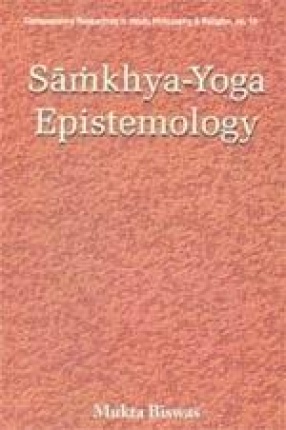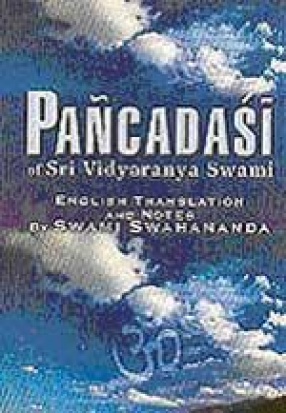The book presents a comprehensive idea of the Samkhya-Yoga epistemology by examining in detail specific representative works including the samkhyakarika of Isvarakrsna, Yogasutra of Patanjali, and Yuktidipika, Mathuravrtti and other schools of Indian Philosophy. Beginning with some fundamentals like origin of the words ‘samkhya’ ad ‘yoga’, it discussed important tenets of each system, their reference in the Upanisads, the definition of epistemology and its relation with ontology and logic. It delves into the two kinds of knowledge, direct (prama) and indirect (pramana) as understood by the samkhya-Yoga system and examines these concepts from the viewpoints of other philosophical schools as well. It defines perception (Pratyaksa pramana) and interference (anumana) and critically assessment the understanding of these in different philosophical systems focusing on the samkhya-Yioga interpretation. It also deals with the components of perception and inference along with the types and fallacies associated with them. Verbal testimony or sabda is again traded in a detailed manner. The work examines aspects like the nature of word and logical structure of a sentence as well. The book will be useful for students an scholars of Indian philosophy who are keen to grasp the fundamentals of the Indian philosophical systems even while gaining in-depth understanding of each school of ancient Indian philosophy particularly their interpretation of concepts of knowledge.
Samkhya -Yoga Epistemology
In stock
Free & Quick Delivery Worldwide
Bibliographic information
Title
Samkhya -Yoga Epistemology
Author
Edition
1st ed.
Publisher
D K Printworld Pvt. Ltd., 2007
ISBN
8124603715
Length
xx+244p.
Subjects





There are no reviews yet.